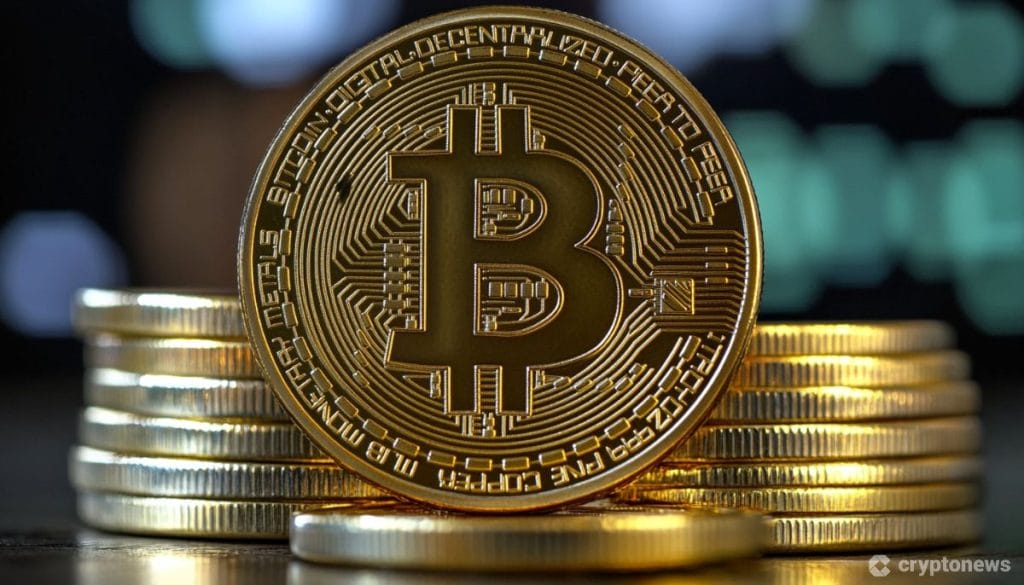
Grammy-winning artist Drake has dropped a new song titled What Did I Miss? that compares his turbulent love life to the notorious volatility of Bitcoin.
Key Takeaways:
- Drake compares his love life to Bitcoin’s price swings in his new song What Did I Miss?.
- His lyrics highlight Bitcoin’s growing presence in mainstream pop culture.
- Global BTC adoption sits at 4% today, far below forecasts of 10% by 2030.
“I look at this shit like a BTC, could be down this week, then I’m up next week,” the Toronto rapper raps.
This isn’t Drake’s first dance with Bitcoin. In 2022, he wagered $1 million worth of BTC on the Super Bowl, a move that grabbed headlines and underscored his willingness to engage with crypto beyond casual name-drops.
Drake’s Lyrics Show Bitcoin Breaking Into Pop Culture
Drake’s latest verse signals how Bitcoin continues to weave itself into mainstream culture, appearing not just in financial headlines but also in music, television, and art.
As Bitcoin references pop up more often in pop culture, some see it as a sign that the digital asset is edging closer to widespread recognition.
Historical forecasts from Blockware predicted Bitcoin adoption could reach 10% of the global population by 2030, comparing its trajectory to transformative technologies like electricity and the Internet.
However, a recent report from River pegged current adoption at just 4%, showing that while crypto has made strides, there’s still a long road ahead.
The report highlighted that adoption tends to be stronger in developed economies, where access to financial infrastructure and regulatory clarity is more robust. Meanwhile, institutional interest has continued to rise.
Firms like Strategy and Metaplanet have pivoted to holding Bitcoin as a key treasury asset, aiming to guard against inflation and geopolitical uncertainties.
Bitcoin ETFs and other investment products have further opened the door to retail and institutional investors, lowering barriers to exposure by removing the need for self-custody or direct onchain transactions.
Bitcoin Adoption Gains Ground With Texas State Reserve
Last month, Texas became the first U.S. state to establish a publicly funded Bitcoin reserve, marking a significant step toward mainstreaming digital assets at the state level.
Governor Greg Abbott signed Senate Bill 21 into law over the weekend, setting up a standalone Bitcoin fund overseen by Texas Comptroller Glenn Hegar.
Unlike previous attempts in Arizona and New Hampshire, Texas’s Bitcoin reserve will operate entirely outside the state treasury, providing legal protections against routine fund reallocations.
A companion bill, HB 4488, further secures the fund’s status, ensuring it remains intact regardless of future Bitcoin purchases.
State Senator Charles Schwertner, the bill’s sponsor, argued that Texas should consider Bitcoin as it does land and gold, highlighting its performance over the past decade.
Texas’s move comes as other states pull back from similar plans.
In May, Florida became the latest to drop crypto legislation, joining other states, including Wyoming, South Dakota, North Dakota, Pennsylvania, Montana, and Oklahoma.
Likewise, Arizona’s House Bill 1025, which had advanced further than any other similar bill nationwide, was vetoed on May 3 by Governor Katie Hobbs.
On the Federal front, President Donald Trump signed an executive order establishing a strategic Bitcoin reserve.





